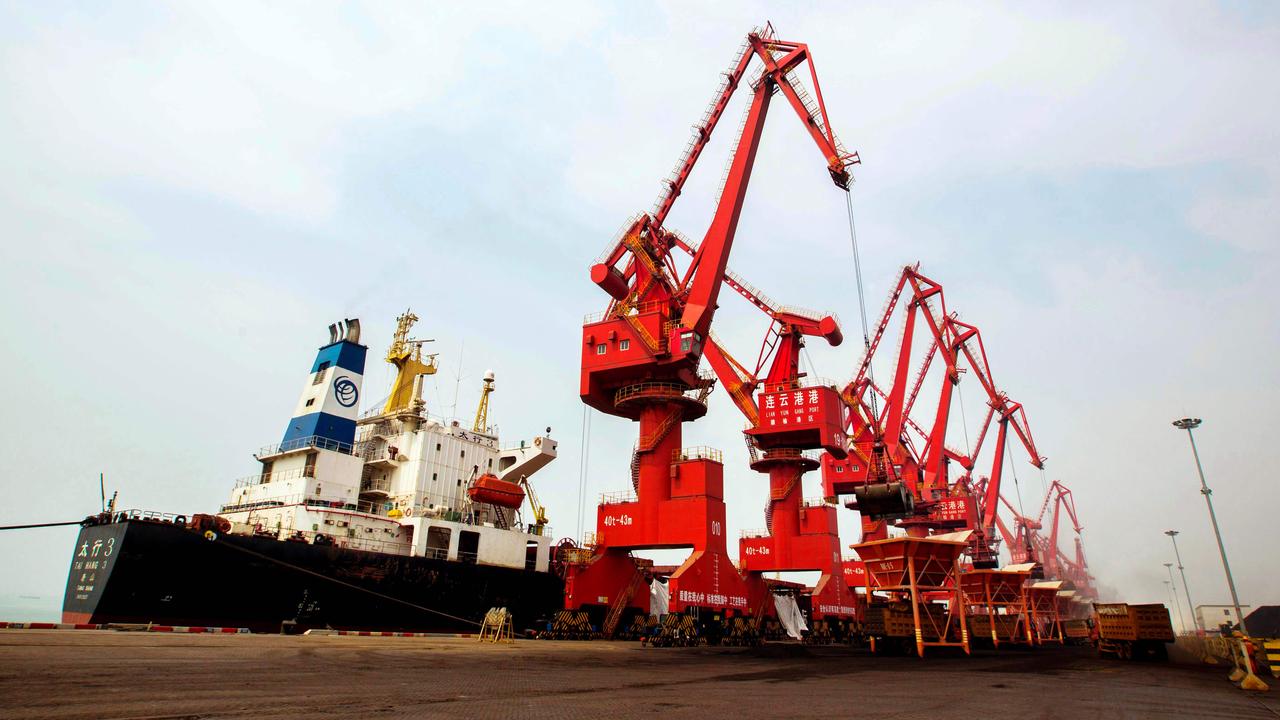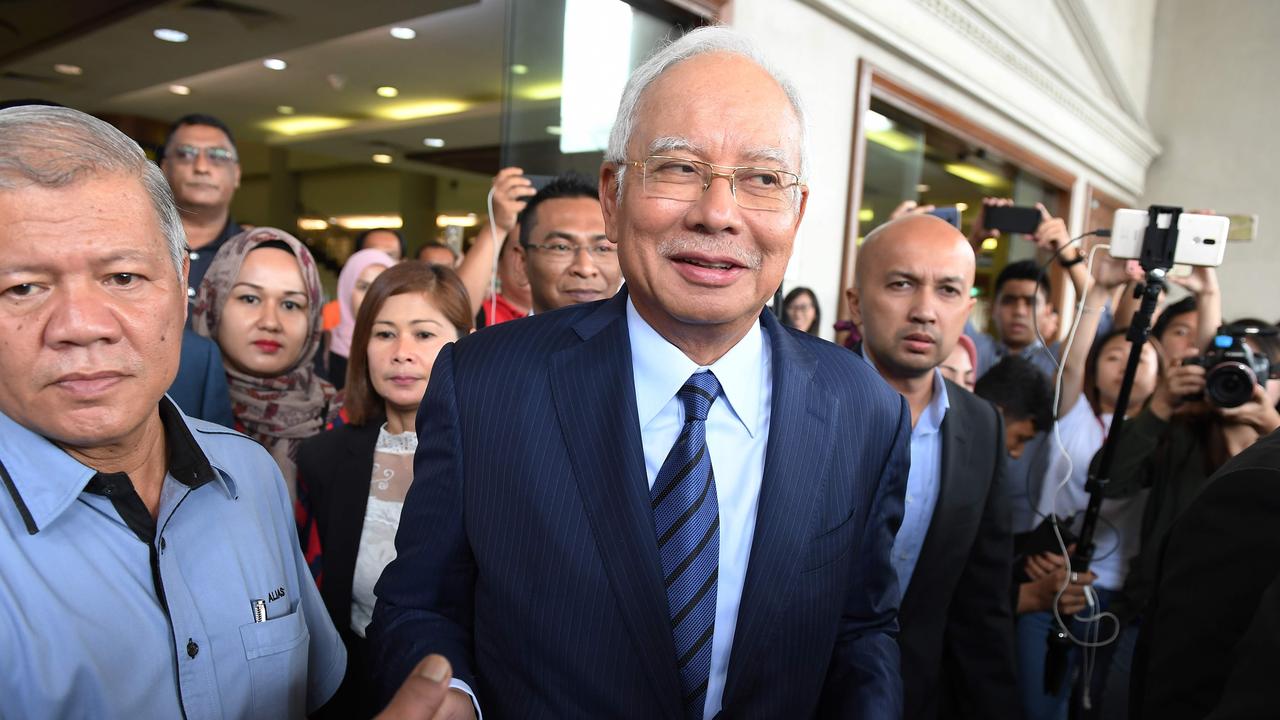Bad public investments stand in the way of PNG's great Asian future
THE political culture has often led to some poor decisions.

A GLANCE at a map points to Papua New Guinea's wonderful potential. It's parked between its former coloniser Australia - with its first-world standards, powerful resources industry and massive funds under management - and Asia, the global epicentre of economic growth and the great new source of both markets and capital.
Appropriately, as a bank which has pinned its future on gaining a handy slice of that Asian and -- surprisingly rewardingly -- Pacific growth, ANZ has commissioned a report that projects an Asian future for PNG.
Port Jackson Partners produced this stimulating document.
That makes sense, since for 17 years the consultancy had Rod Sims as a senior partner.
The chairman of the Australian Competition & Consumer Commission was in the past a senior official in PNG's Finance Ministry and he has maintained a considerable interest in the country.
The report has already been presented to impressive gatherings of PNG's private sector, via the chambers of commerce in Port Moresby and Lae, and will now be road-showed in Brisbane, Auckland, Beijing and Singapore.
It looks at the medium term to 2030 and urges a development approach that brings together the three key activities in the economy: resources, agriculture -- including fisheries, with PNG owning the world's biggest tuna resource -- and infrastructure development, which starts from a remarkably low base.
The report makes eminent rational sense in concluding: "Asia promises to become the world's major supplier of capital during the 21st century, and a virtuous circle of trade and investment will converge for PNG.
"Now is the time to begin a national conversation about clear and obvious threshold issues."
Indeed. But standing in the way looms a single momentous obstacle: PNG's political culture.
Prime Minister Peter O'Neill is a can-do kind of leader and has the support of about 104 of the 111 MPs and a further four years to run. The odds appear strong, at this early stage, that he might even be able to secure a second five-year term. Certainly, he's the most powerful politician since the emergence of Michael Somare -- who is still in parliament some 45 years on.
But can he cut through on the key issues identified in the report, titled "Bold Thinking: Imagining PNG in the Asian Century"?
It's only a tiny step from "bold" to "brave", the epithet with which Sir Humphrey damned any outbreak of independence in TV's Yes, Minister.
The key issue is the role of government. The country's history has demonstrated -- with the privatisation of the state bank and the arrival of Digicel as a virtual private-sector monopoly -- that the government needs to get out of running businesses.
It should focus on its core role as regulator, umpire and provider of services the private sector can't or won't deliver -- particularly schools and health.
Instead, and in the face of all experience, it is now seeking to expand its role -- taking over the Ok Tedi mine, talking of doing the same with the Frieda River prospect and halting the biggest private-sector capital injection into agribusiness for some years, apparently because it comes from a Malaysian blue-chip foreign source.
Politicians are widely seeking or even demanding stakes for the government in new or expanding projects. An oil palm investor was told to give 40 per cent to a provincial government before being given access to land even though a deal had already being completed with landowners. Yet the performance of government in business has been woeful. The ANZ report has found that despite user charges way above commensurate amounts elsewhere, PNG's four biggest state-owned enterprises return only 1.7 per cent on their asset base annually.
Appropriately, while PJP's Grant Mitchell was presenting the report to an audience of more than 200 at the Port Moresby Yacht Club, the power kept being cut off.
The business people rolled their eyes in resigned familiarity while Mitchell shrugged his shoulders and carried on.
Pete Celso, the managing director of Philippines-owned RD Tuna Canners, which employs up to 4000 people in Madang -- the biggest single manufacturing operation in the country -- says it costs him more to use PNG Power's supply from the grid than to run his own generator.
It also costs him more to send a container of canned tuna up the shockingly pot-holed highway to Mount Hagen than to ship it half way round the world to Hamburg.
Culturally, the challenge rotates around the desire of the political elite -- now pretty well united within the government -- to make deals.
The template of the leader is not someone who ensures regulation is diligent and fair, that services are delivered effectively and that the conditions are set for the private sector to create wealth.
Instead, the focus is on transactional politics. Sound maintenance is perceived somehow as an inadequate, possibly even undignified goal -- though the report states that its value is often 100 times that of letting a building or road fall apart, and constructing a replacement.
The government centre in Port Moresby has become a Valley of the Kings with successions of discarded buildings -- none older than three or four decades -- slowly decaying, though the Pineapple Building that once housed prime ministers is undergoing a welcome return from an archaeological fate.
And Asia itself remains something of a mirage, a source of investment but mainly at the margins, in part because compliant "facilitation suppliers", rather than blue-chip companies, were embraced from the start.
The models that appear to lure it include Malaysia's Petronas and Singapore's Temasek -- but the odds that these can be replicated in PNG, even if desirable, are long.
Europe retains a grip on agricultural and fisheries sales because of its preferential access, ownership of some projects and also because it often dictates in return sustainability and other criteria that add a premium diminishing marketability in Asia.
PNG should be inviting the private sector to take part more fully in development, especially of infrastructure. It should be selling infrastructure bonds, too, and privatising its utilities as it did its bank a dozen years ago.
As its demographic challenges multiply, it must find new ways to operate, and fresh markets in Asia. The case has been made.
Rowan Callick is in PNG as a guest of ANZ.



